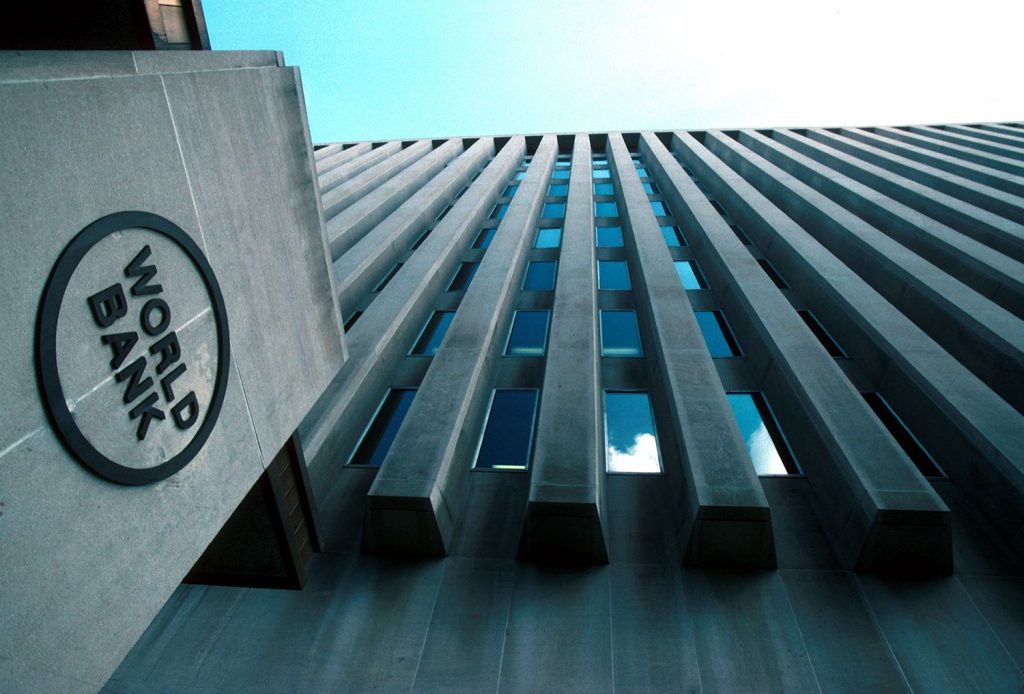Pakistan’s GDP growth is expected to reach 1.3 percent in the fiscal year ending June 2021, according to a statement released by the World Bank (WB). Although it is slightly better than the forecast from January, the recovery remains fragile as the forecast was predicated on the absence of significant COVID-19.
Entitled “South Asia Economic Focus, Spring 2021: South Asia Vaccinates”, the report highlighted that headline inflation fell over July-February fiscal year 2021 (y-o-y), and is still high at 8.3 percent on average, mostly on account of high food inflation.
The global organization has also projected inflation at nine percent for 2020-21, as the report mentioned that “Pakistan’s inflation in the fiscal year 2021 is still high at 9 percent amid continued high food inflation due to continued supply-side disruptions—some related to containment measures — but also because of monsoon rains in July and August 2020 and locust attacks”.
The current account deficit is projected to narrow to 0.8 percent of the GDP in the fiscal year 2021 as a wider trade deficit is more than offset by stronger remittances inflows. However, it is expected to increase over the medium term, and the current account deficit is projected at 1.3 percent in 2021-22.
In line with the recovering of economic activity, the total revenues in Pakistan also grew over the first six months of the fiscal year 2020-21.
The report added that Pakistan’s economy was severely impacted by the COVID-19 shock in the fiscal year 2020, leading to an increase in poverty.
Pakistan’s economy has been growing slowly over the past two decades. The annual per capita growth has averaged only two percent, which is less than half of the South Asia average, partly due to inconsistent macroeconomic policies and an under-reliance on investment and exports to drive economic growth. Short periods of rapid consumption-fueled growth frequently led to a sizable current account and fiscal deficits that ultimately required policy tightening, resulting in recurrent boom-bust cycles.





 A Radioactive Diamond Battery lasting 28,000 Years will hit the market in 2 years
A Radioactive Diamond Battery lasting 28,000 Years will hit the market in 2 years